Highlights of the New Executive Orders relating to immigration law and policies signed since January 2025.
National Emergency Declaration at the Southern Border
President Trump declared a national emergency to mobilize the U.S. military, expedite border wall construction, and bolster surveillance through drones and advanced technology. This measure aims to deter illegal crossings and improve border integrity and security.
Designation of Drug Cartels as Foreign Terrorist Organizations
The administration has classified drug cartels as “foreign terrorist organizations.” This designation will facilitate more robust measures against their operations and may influence broader immigration enforcement actions.
End of Humanitarian Parole Programs
The administration continues to affirm plans to terminate programs that had provided legal pathways for migrants from countries like Cuba, Haiti, Nicaragua, and Venezuela, as well as similar programs for Afghans, Ukrainians, and other groups. This signals a shift away from temporary humanitarian admissions and toward stricter immigration controls.
Re-examination of Temporary Protected Status grants to ensure they “are appropriately limited in scope and made for only so long as may be necessary to fulfill the textual requirements of that statute”.
Changes to Asylum and Refugee Policies
The executive orders aim to end “catch and release” practices and significantly restrict asylum rights, reducing the ability of migrants to seek protection upon arrival. These measures may face legal challenges claiming they are inconsistent with existing U.S. and international law.
Additionally, the administration intends to suspend the refugee resettlement program for four months. The refugee resettlement program has, for several decades, allowed hundreds of thousands of people fleeing war and persecution to come to the United States. President Trump similarly suspended the refugee program at the beginning of his first term, and, after reinstating it, significantly reduced the number of refugees admitted annually.
Enhanced Interior Enforcement
Key actions include reinstating the “Remain in Mexico” policy, expanding the 287(g) program—which deputizes state and local officials as federal immigration enforcement agents—and issuing financial penalties to sanctuary cities that do not cooperate with federal immigration authorities. Both actions reflect the Trump administration’s campaign promise to crack down on illegal immigration and carry out mass deportations.
A measure “ensuring that employment authorization is provided in a manner consistent with [existing employment authorization regulations], and that employment authorization is not provided to any unauthorized alien in the United States.”
A directive to “take all appropriate action. . .to encourage aliens unlawfully in the United States to voluntarily depart as soon as possible.”
Increased use of detention pending removal from the United States.
End Birthright Citizenship
One of the key announcements is the effort to end birthright citizenship. Birthright citizenship ensures that anyone born in the United States automatically becomes an American citizen. It is expected to face legal challenges.
The new Executive Order challenges this historical precedent, and seeks to limit citizenship to children of at least one U.S. citizen or lawful permanent resident (green card holder), regardless of physical presence.
On January 20, 2025, Inauguration Day, President Trump signed an executive order entitled “Protecting the Meaning and Value of American Citizenship”, which interprets the language “subject to the jurisdiction thereof” in the Fourteenth Amendment of the Constitution to mean that U.S. citizenship does not extend to individuals born in the United States:
1. when that person’s mother was unlawfully present in the United States and the father was not a United States citizen or lawful permanent resident at the time of said person’s birth,
2. or when that person’s mother’s presence in the United States at the time of said person’s birth was lawful but temporary (such as, but not limited to, visiting the United States under the auspices of the Visa Waiver Program or visiting on a student, work, or tourist visa) and the father was not a United States citizen or lawful permanent resident at the time of said person’s birth.
The Executive Order directs agencies not to “issue documents recognizing United States citizenship, or accept documents issued by State, local, or other governments or authorities purporting to recognize United States citizenship” to individuals falling within these categories.
The Executive Order specifies that it applies “only to persons who are born within the United States after 30 days from the date of this order”, after February 19, 2025, and does not explain whether the U.S. citizenship of a child who has already been born to two non-U.S. citizen or LPR parents will continue to be recognized.
Based on the text of the EO, citizenship would also no longer be granted children born to individuals on temporary visas, including employment-based visas. The Executive Order is scheduled to take effect on February 19, 2025, however a legal challenge has already been filed. Other lawsuits are sure to follow, and the executive order may be blocked by federal courts.
Visa applicants and employers can expect to see many of these policies implemented immediately, which may result in processing delays and even possible denials. The Executive Order also directs various agencies to -- within 60 days -- identify countries that may post a security risk and for which a suspension of admission may be warranted. This directive signals a potential return of policies similar to the travel ban that was implemented in 2017 against several countries.
Florida’s Role in Supporting Federal Immigration Goals
Florida has proposed legislation designed to align Florida’s state policies with the Trump administration’s federal immigration priorities. These include:
- Maximum Participation in the 287(g) Program: Florida will mandate compliance from local officials, imposing penalties for non-compliance.
- State Crime for Illegal Entry: The legislation creates a state offense for illegal entry, coupled with a self-deportation mechanism.
- Unauthorized Alien Transport Program (UATP): Expansion of this program will facilitate the detention and deportation of unauthorized individuals.
- Repeal of In-State Tuition for Undocumented Students: This move underscores a stricter approach to benefits extended to unauthorized residents.
- Voter Registration Reforms: Measures will ensure identity verification and impose severe penalties for voter fraud.
- Restrictions on Financial Transfers: New rules will require identity verification for foreign remittance transfers, aiming to reduce potential misuse.
These policies are expected to face legal challenges. Some of them can be declared invalid by the courts.




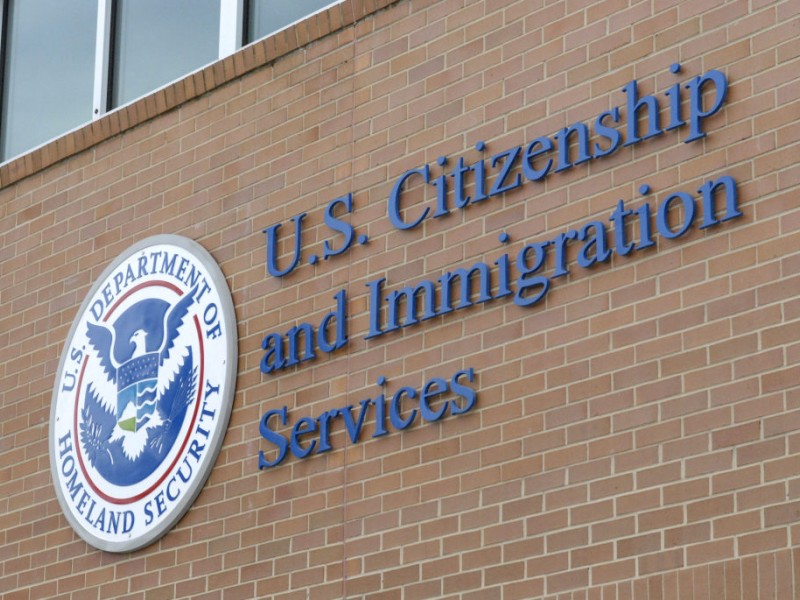
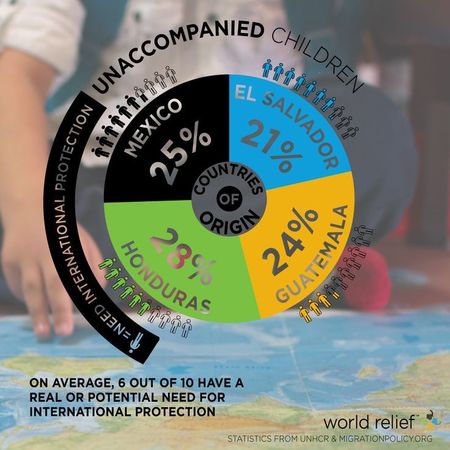
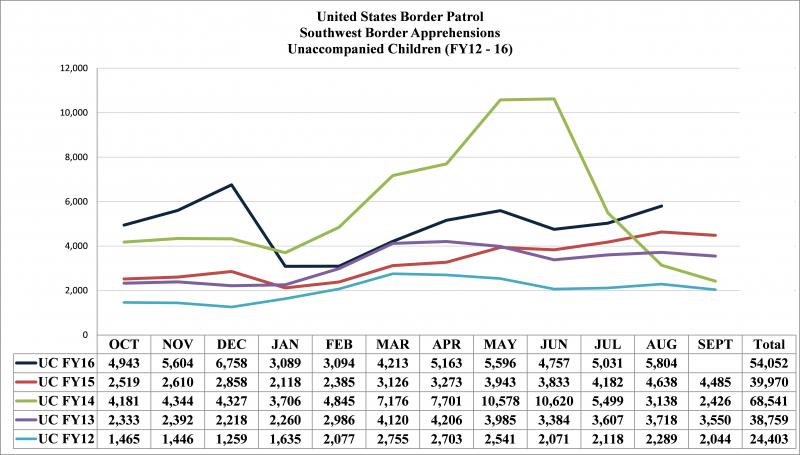
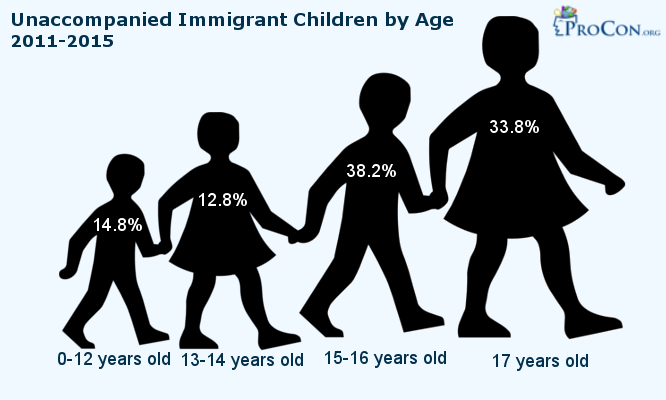
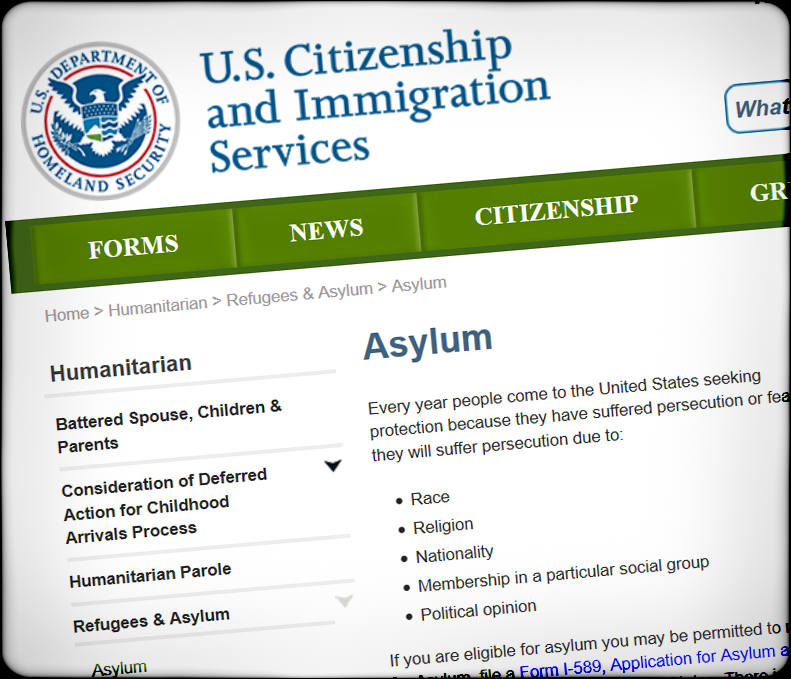

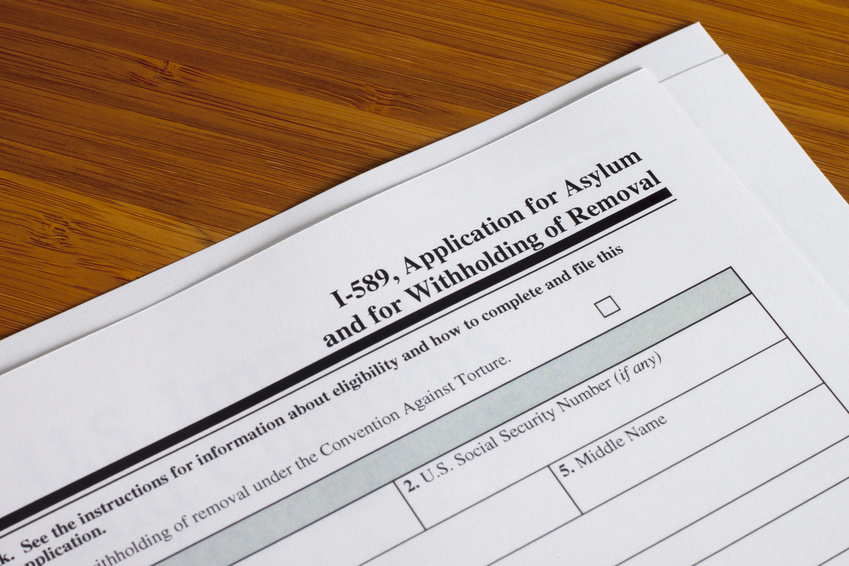


 RSS Feed
RSS Feed